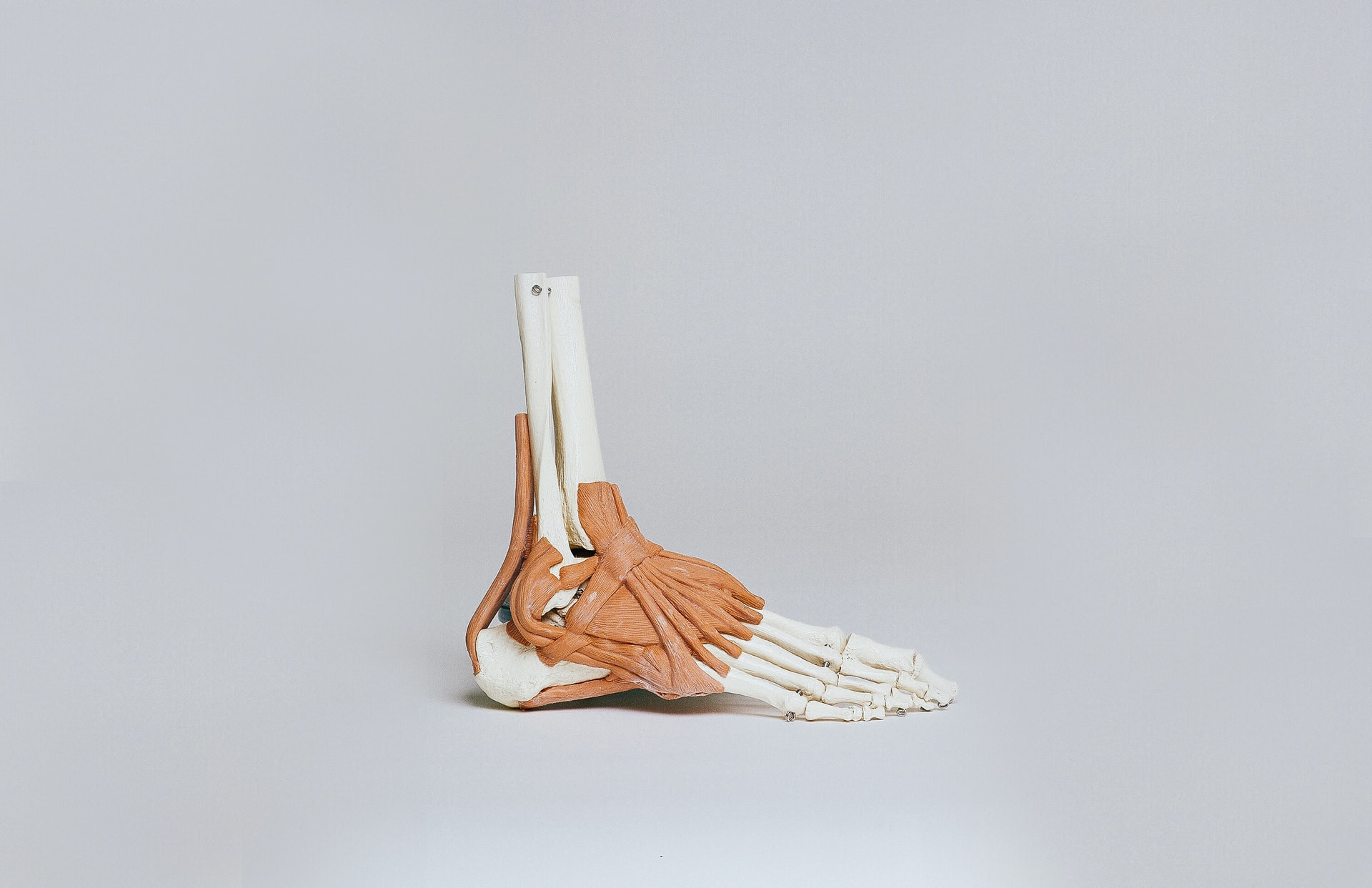Gout
What Causes Gout?
Gout is an overproduction of uric acid. The kidneys and gastrointestinal system are unable to get rid of the excess through urine and feces. The uric acid accumulates into crystals that deposit in the joints and cause significant inflammation and intense pain.
Gout is also correlated with obesity and certain foods can trigger gout flares. The following foods should be eaten in moderation to avoid flares:
- Seafood
- Red meat
- Organ meat
- Lunch meats
- Alcohol
- Sugary drinks
- Foods high in fructose
- Processed foods

What are the Symptoms of Gout?
Gout causes intense flares of pain, swelling, and tenderness of the joints. Though pain in the big toe is the most commonly affected area, flares can occur in other joints such as the knees, wrists, ankles, fingers, and other toes. The intense pain usually lasts up to 12 hours, often overnight, and then gradually becomes more manageable. Though the peak of the flare usually doesn’t last more than 12 hours, lingering pain and discomfort can last up to a few weeks. While the pain gradually fades, the affected area is typically swollen, tender, and red.

We Can Help Manage Your Gout Symptoms



We Can Help Manage Your Gout Symptoms
What Are My Gout Treatment Options?
Some medications can reduce the symptoms of gout while others can reduce the likelihood of a flare. Medications like steroids, NSAIDs, and Colchicine focus on reducing inflammation during a gout flare. Uric acid-reducing medications like Allopurinol and Uloric are taken daily to prevent flares. In very severe cases of gout or when large tophi are present, an IV medication called Krystexxa can be used. These medications require frequent monitoring of the liver and kidneys under the close supervision of a healthcare provider.
Living With Gout
Gout is a chronic condition that requires lifestyle changes to manage including a healthy diet full of whole grains, fruits, vegetables, and lean meats, and exercise. Taking medications on a daily basis will keep the uric acid level low to prevent flares. Regular visits with a rheumatologist are important to monitor the uric acid level and the function of the kidneys and liver. Contact Advanced Rheumatology of Houston to schedule an appointment with Dr. Brionez. Call 281-766-7886 or request an appointment online.
Note: All information provided on this page has been reviewed and approved by Dr. Tamar Brionez. To learn more about Dr. Brionez and her experience, click here.
Note: All information provided on this page has been reviewed and approved by Dr. Tamar Brionez. To learn more about Dr. Brionez and her experience, click here.
Learn More About Gout
Frequently Asked Questions
How is Gout Diagnosed?
A simple lab test will check the uric acid level in the blood. Additional blood tests will also be done to rule out other causes of inflammatory arthritis that can mimic gout symptoms. Occasionally, a joint fluid test is used to assess urate crystals in the joint soon after a flare. X-rays are ordered to rule out other types of arthritis and assess the extent of the joint damage.
What are the Complications of Gout?
If left untreated, long-term uric acid deposits in the joint can lead to permanently swollen growths called tophi which are deposits of urate crystals that develop beneath the skin of the toes, fingers, feet, elbows, or Achilles tendons. Additionally, urate crystals may accumulate in the urinary tract and are a common cause of kidney stones.
Dr. Tamar Brionez
About Our Doctor
Dr. Brionez has more than 10 years of experience in diagnosing and treating rheumatic musculoskeletal disease and systemic autoimmune conditions. She has a Bachelor of Science in Nutritional Sciences from Texas A&M University and completed her Doctor of Medicine at Baylor College of Medicine. Additionally, she completed her Fellowship in Rheumatology at the University of Texas-Health Science Center. Dr. Brionez is board certified in both Internal Medicine and Rheumatology and has been in private practice since 2009.
Dr. Brionez is known for her dedication to her patients and her ability to diagnose complex conditions. She adheres to the highest standards of medical care while relying on cutting-edge technology and the most up-to-date medical research. Dr. Brionez has adopted a holistic view of her patients’ health and is considered a leading specialist in managing complex autoimmune disorders including lupus, rheumatoid arthritis, psoriatic arthritis, scleroderma, osteoporosis, and many others. She is fluent in Spanish and is dedicated to hiring diverse staff to best meet her patients’ needs.
Request an Appointment
Call (281) 766-7886 or fill out the form below:



